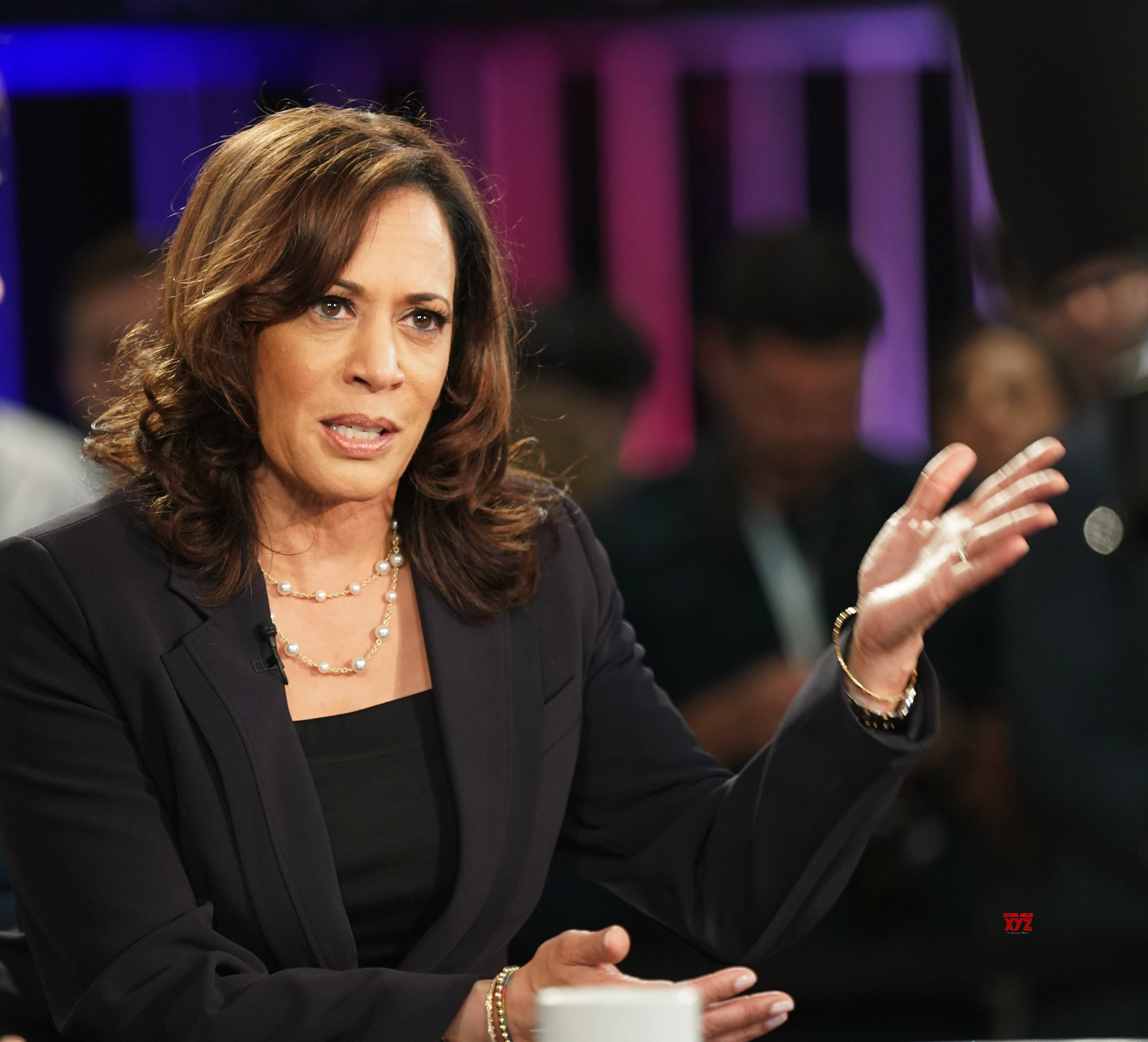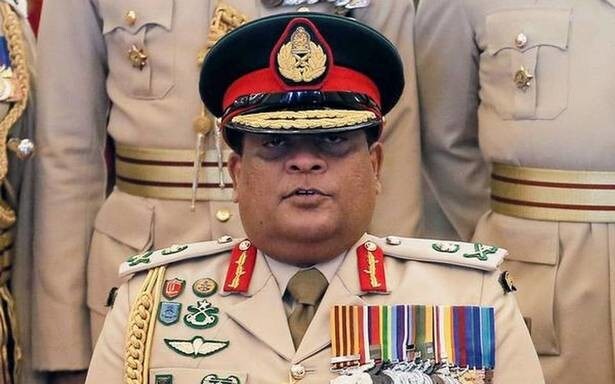 WASHINGTON: With senior diplomat Devyani Khobragade’s strip search triggering a major row between India and the US, the invasive post-arrest procedure is again in the limelight over a year after America’s top court ruled in its favor.
WASHINGTON: With senior diplomat Devyani Khobragade’s strip search triggering a major row between India and the US, the invasive post-arrest procedure is again in the limelight over a year after America’s top court ruled in its favor.
Khobragade, the Deputy Consul General in New York, was arrested on charges of visa fraud and strip searched, which led to India lodging a strong protest with the US over the treatment meted out to her.
The 1999-batch IFS officer, in an email to her colleagues, said she broke down many times during “repeated handcuffing, stripping and cavity searches” while she was detained with common criminals. She was released on a USD 250,000 bond after pleading not guilty in court.
The US Marshals Service (USMS) confirmed on Tuesday that Khobragade was subjected to a “strip search”.
In April last year, the US Supreme Court ruled that officials could strip search people arrested for any offense, however minor, before admitting them to jails even if authorities had no reason to suspect the presence of contraband.
The Supreme Court verdict was a split one, as the decision was reached by a 5-to-4 vote. The court also refused to exempt even minor offenders from strip searches.
Writing for the majority of the judges, Justice Anthony Kennedy said courts were in no position to second-guess the judgments of correctional officials who must consider the possibility of smuggled weapons and drugs and public health.
“Every detainee who will be admitted to the general population (of jails) may be required to undergo a close visual inspection while undressed,” Kennedy wrote.
The procedures endorsed by the majority judges are forbidden by statute in at least 10 American states and are at odds with policies of federal authorities, The New York Times had reported at the time of the ruling.
New York, where Khobragade was arrested, has not banned strip searches.
The Supreme Court’s ruling gave its ruling in the case of an African-American man from New Jersey, whose experiences had some parallels with the treatment meted out to Khobragade.
In 2005, Albert Florence was in the passenger seat of his BMW when a state trooper pulled his wife over for speeding. A records search revealed an outstanding warrant for Florence’s arrest because of an unpaid fine. . The information turned out to be wrong as Florence had paid the fine.
Over a period of six days, Florence was taken to two jails and strip searched on entry though he was neither guilty of any criminal offense nor carrying any contraband.
He said during the strip search, he was made to squat and cough. He termed the treatment meted out as “humiliating”. “It made me feel less than a man,” he said at the time.
Though the Supreme Court ruling approved strip searches even in minor offences, the issue is still controversial in the US as some states have banned intrusive searches unless there is sufficient justification for it.
According to a brief filed by the American Bar Association, international human rights treaties too ban such procedures.
The federal appeals courts had been split on the question, though most of them prohibited strip searches unless they were based on reasonable suspicion that contraband was present.
The Supreme Court did not say that strip searches of new arrestees were required. It ruled, rather, that the Fourth Amendment’s prohibition of unreasonable searches did not forbid them.
Justice Stephen G Breyer, writing for the four judges who voted against the procedure, said strip searches were “a serious affront to human dignity and to individual privacy” and should be used only when there was good reason to do so.
Breyer said the Fourth Amendment should be understood to bar strip searches of people arrested for minor offenses not involving drugs or violence, unless officials had a reasonable suspicion that they were carrying contraband.
The ill-treatment of Khobragade evoked a sharp reaction from India, which initiated a slew of steps to downgrade privileges enjoyed by US diplomats and their families, including withdrawing airport passes and stopping import clearances. -PTI






